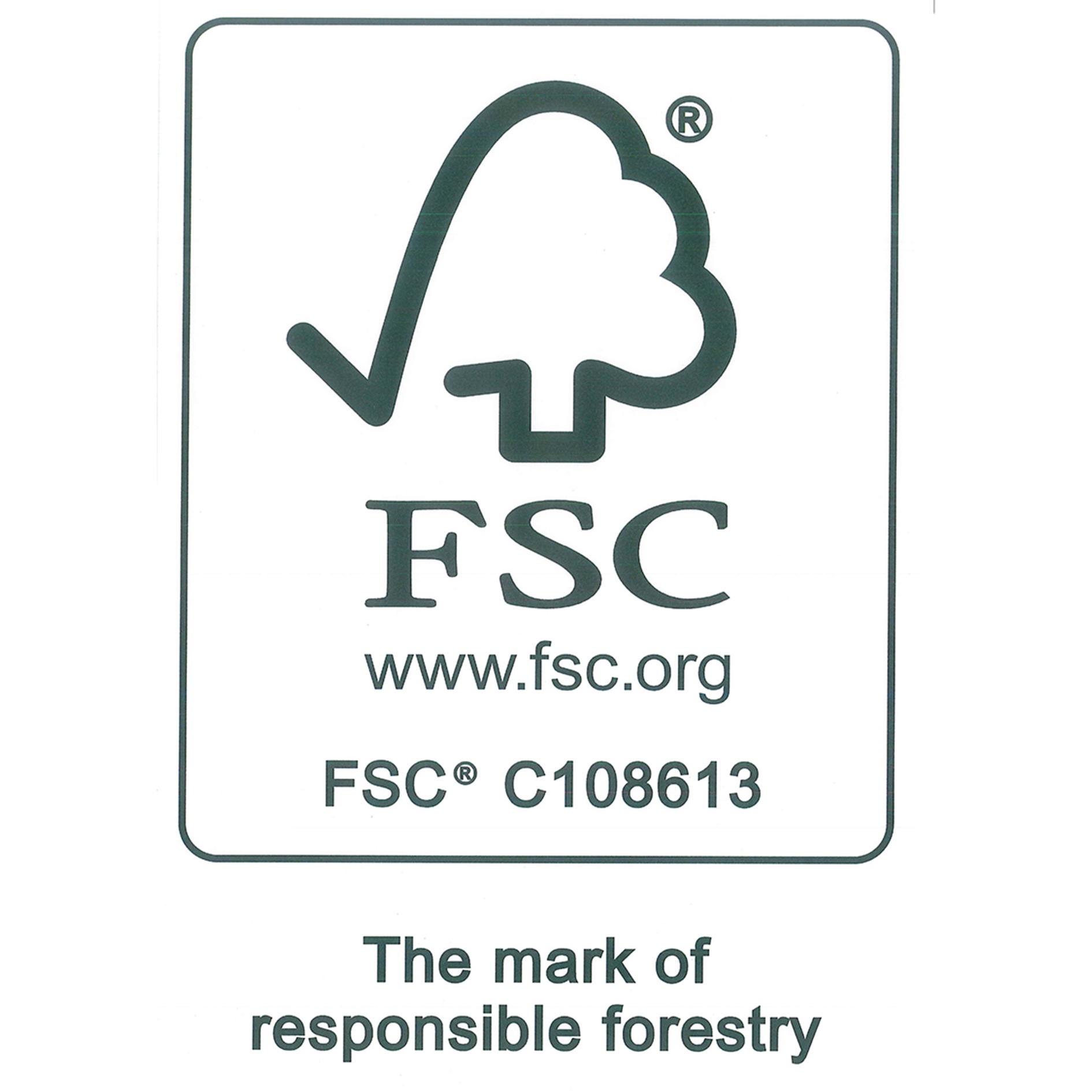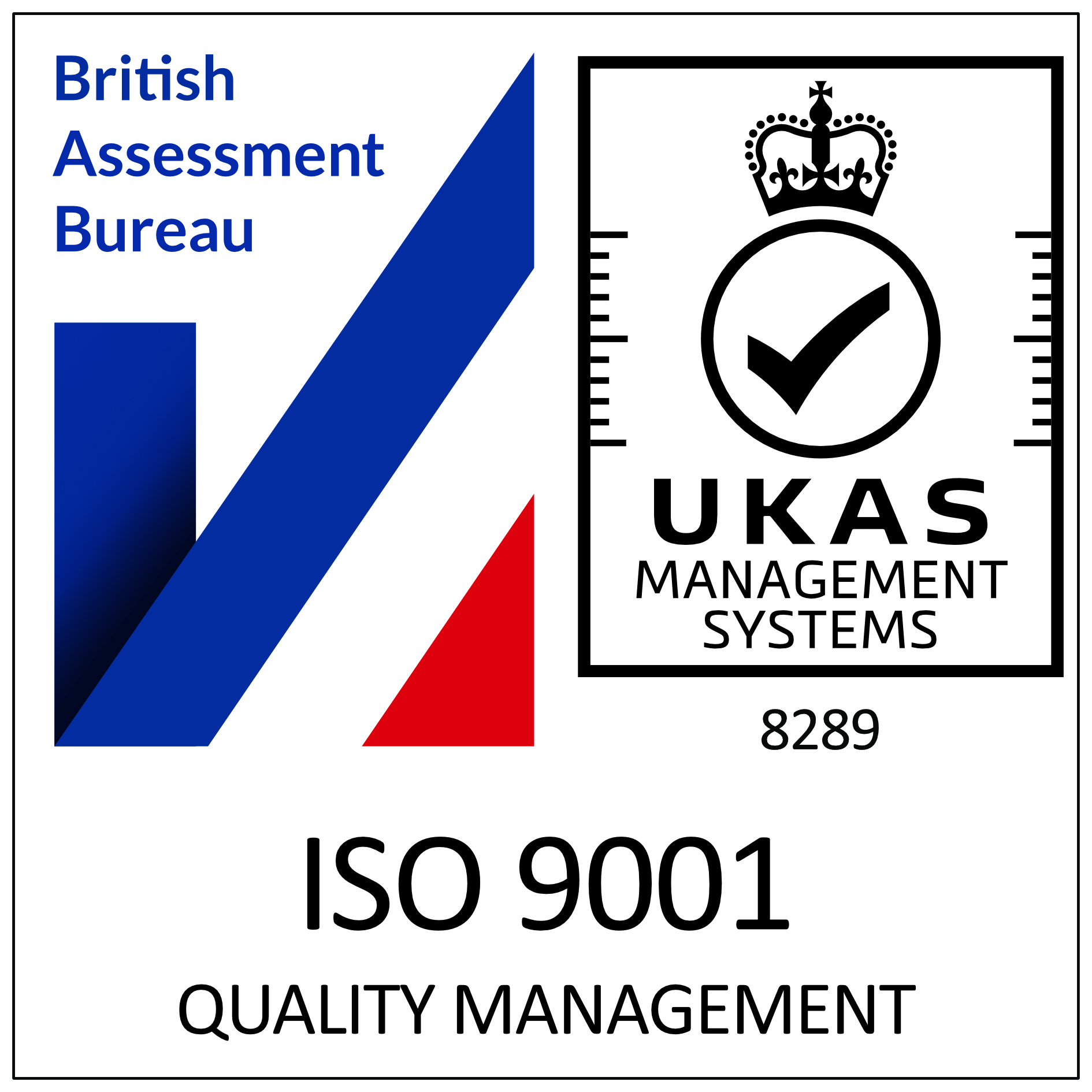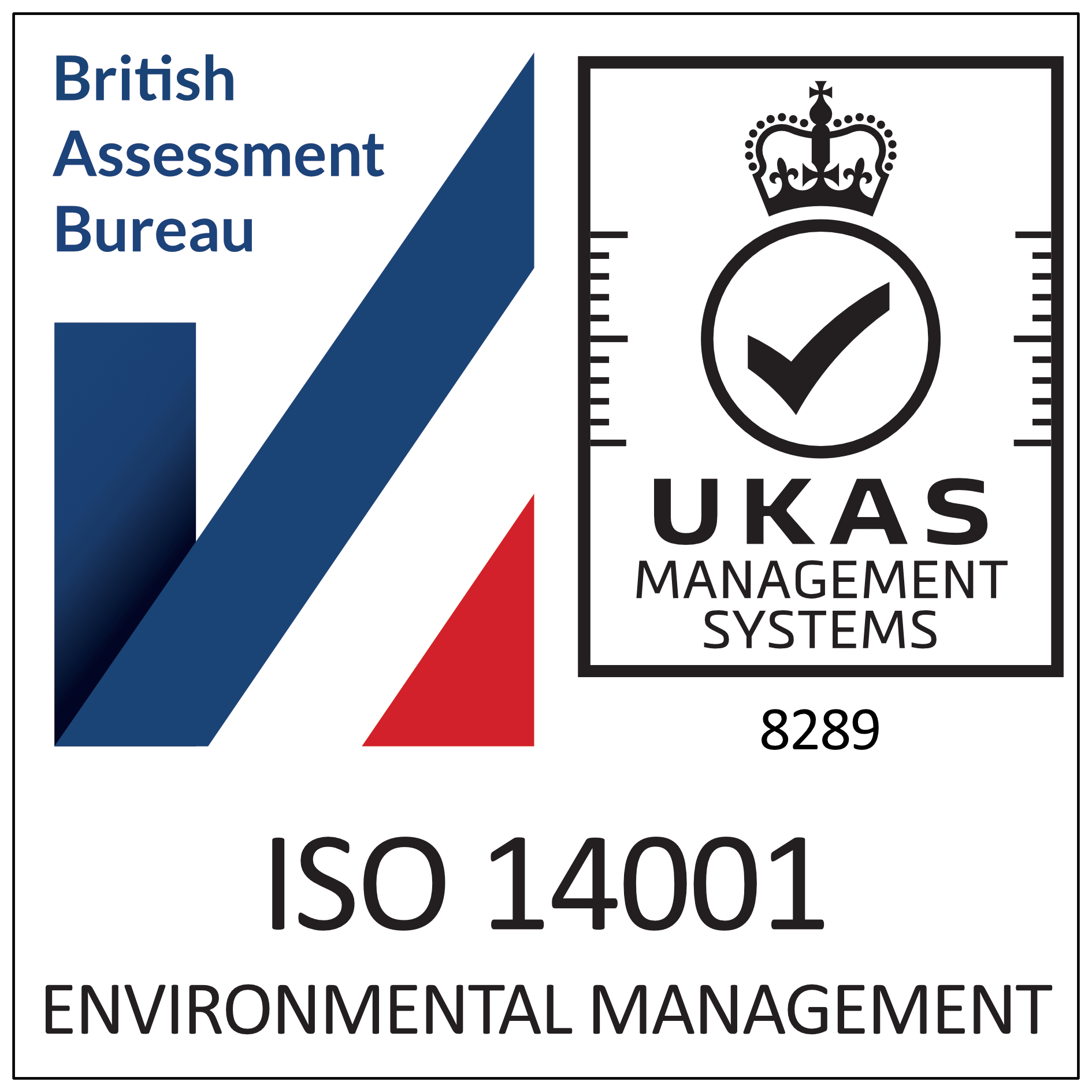CE Marking on doors and doorsets clarified
Following the publication of BS EN 16034 and the consequent CE Marking of timber doorsets expected in 2015, we thought that it would be helpful for our customers if we took a quick diversion from our series of articles on security doors and explained the background.
First of all, tell us about the standard
Essentially it’s all about making CE Marking for fire doors mandatory, so that the customer knows that the door has been manufactured to an agreed minimum safety standard – which cannot be a bad thing. The problem is, however, that there is still some confusion – as we shall see.
The standard covers pedestrian doorsets, industrial, commercial, garage doors and openable windows – Product standard, performance characteristics – Fire resisting and/or smoke control characteristics. If the European Commission chooses not to reject the standard then the BSI must publish it by 30th April 2015 and CE Marking will commence around June 2015.
The standard will cover fire resistance, smoke control, self-closing and operation of hold open devices (ability to release). Because of the level of assessment required for fire doors, CE Marking for all companies will need to involve both a notified certification body and a notified test laboratory.
CE Marking is already a requirement for windows and external doors; if you are a member of the British Woodworking Federation you can support on CE marking your products.
So what’s the confusion, if any?
Well, so far so good, but as is so often the case the devil is in the detail, as they say. The problem is this – that the CE mark for timber doors with fire resistance characteristics is applicable only to doorsets and not to door assemblies
Ian Makins, Chairman of ASDMA (Architectural and Specialist Door Manufacturers Association), puts it thus:
“For the dominant product on the market in the UK – door assemblies – third party product certification still applies and provides significant higher levels of assurance on product performance and fitness for purpose than CE marking. CE marking and third party certification are not alternatives. They are intended to serve different objectives. And they can co-exist with advantage within the limits of those objectives.”
So what’s the difference?
Our apologies to those in the industry who know, but just to be on the safe side we thought we’d clarify it for you.
Doorset
A doorset under the applicable European standards is taken to be a complete entity consisting of:
a) the prepared door leaf or leaves
b) the necessary seals and hardware essential for the performance and function of the fire door
c) the door frame
d) any factory glazed door vision panels
e) any flush over, side and transom panels in an associated door screen.
According to that standard definition a doorset must be supplied as an item from a single source in one transaction. It can be supplied to site either fully assembled or part assembled together with the other components ready for final assembly using basic assembly and installation tools and methods
Door assembly
A door assembly differs from a doorset predominantly in that the various elements are procured from more than one source, in more than one transaction. The basic specification and list of approved components would normally be provided by the door manufacturer or the blank supplier, determined and approved by test evidence (normally with variations backed up by assessments from test evidence).
I’m still confused – where can I get help?
As with so many aspects of door design and manufacture it’s important to speak to the experts. Here at Enfield Doors we have vast experience, and will be delighted to help guide you through the potential minefield.
You can visit our home page, fill out a contact form , or call us on 020 3199 5840.
We’re here to help!








